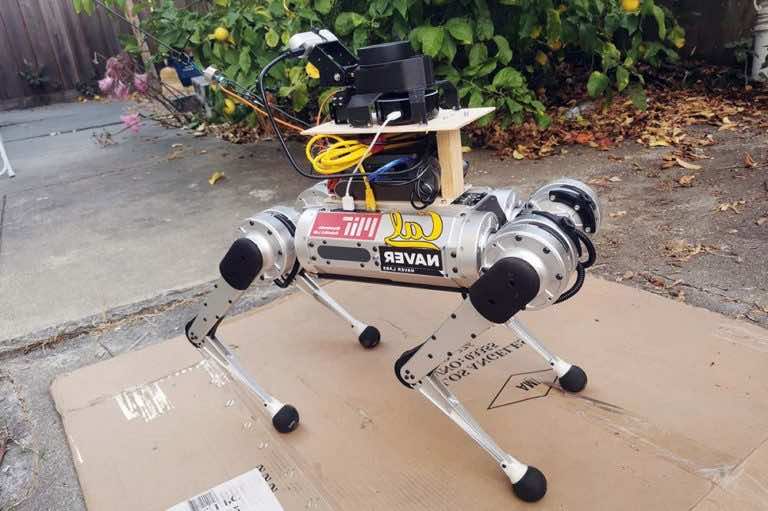Advancements in artificial intelligence is the news these days, and it is growing at quite a pace. For the first part, it started taking most of the human roles. Now it’s up to take over the world of animal jobs.
The new Robodog is being developed at the University of California and could replace seeing-eye dogs to navigate visually impaired individuals.
The fact that artificial intelligence services are far more convenient to use is why most people and businesses are opting for them. Roles assigned to humans and animals for centuries are being replaced to reduce costs and swifter results.
Robodog, the replacement of ‘seeing eye dogs,’ is still in its final stages, as a little work is left before it starts doing wonders for the blind. As per a New Scientist report, for now, it is equipped with GPS navigation and some other cool features. It packs a laser system to steer its master around obstacles to ensure a trouble-free walk.
The robodog for the blind has easily updateable software and a GPS-activated navigation system, making it a quicker learner than the seeing-eye dogs. Seeing-eye dogs undergo costly and time-consuming training processes before guiding the visually impaired through the streets. As per the project leader Zhongyu Li, cutting off the training costs and updateable software are key selling points of the new robodog. He added, “an actual dog doesn’t know about navigating.”

“Using a robotic guide dog, we can directly deploy our code from one robot to another,” Li told New Scientist. “As time goes by and the hardware becomes more affordable, we can actually use this kind of dog to help, to serve, humans.”
Early criticism comes in for all AI-based systems, and this one is no exception either. Tim Stafford from the U.K Charity Guide Dog believes that an emotional bond cannot be built with the new robodogs. A dog is like a blood companion and a family member.
“Visually impaired value their dog as a partner, companion, and family member, as well as a guide dog,” Stafford said. “It is this deep bond that makes the relationship unique and so much more than just a way to get around safely.”


